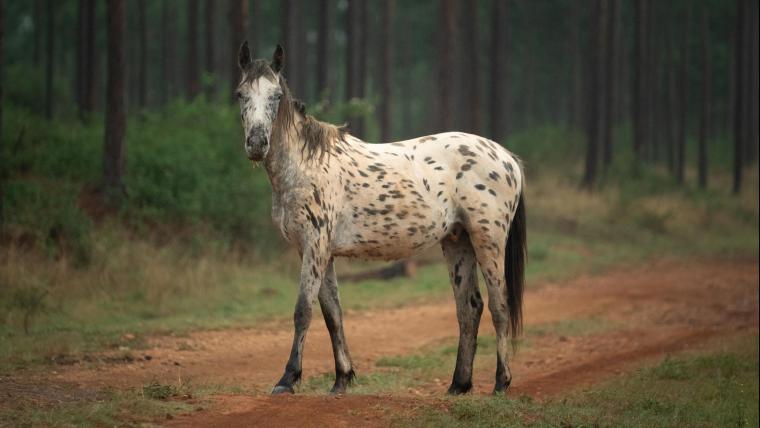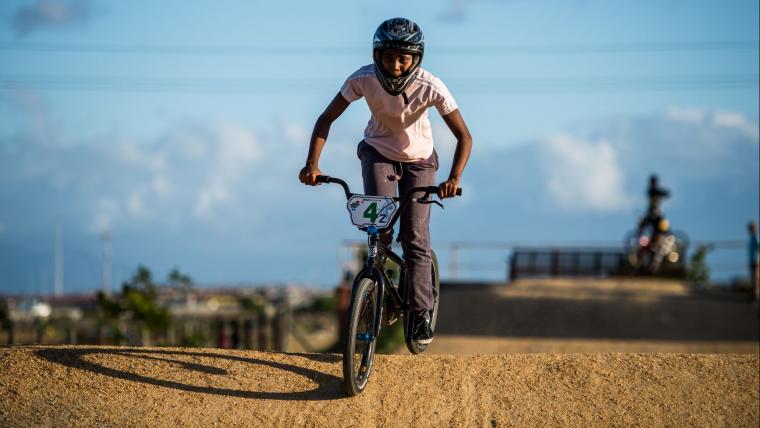
Can a game of polo right the wrongs of inequality?
It’s one thing to ride a horse. It’s another to do it while hitting a ball with a heavy mallet. The game of polo requires balance, coordination, strength – and money. One of the world’s oldest sports, it’s typically reserved for the rich. But on a farm in a corner of the Free State, a shift is happening. Here, Naledi Nkopane believes that those who want to play should have the chance to do so. Not only is he on a mission to make polo more accessible, he’s using the sport to change his community.
Nkopane’s own introduction to polo came while working as a gardener. In between tending to the grounds, Nkopane couldn’t help but admire the horses on the farm. Through the Poloafrica Development Trust, a Laureus Sport for Good project, he learnt how to ride and play. It opened up Nkopane’s life to new possibilities. As well as developing into a talented polo player, he has become the head groomer and lead coach. Nkopane shows youth from disadvantaged backgrounds how to ride and care for the ponies, teaching them respect and responsibility. Most of all, the children are given a platform for empowerment and positivity.
Beyond the polo lessons, the kids receive extra tuition in Maths and English, and develop skills as far ranging as beekeeping and singing. “They learn something special every day,” Nkopane says. But it’s with polo that he discovered his passion, and a way to address the economic and social imbalances in society. “No matter where you come from, if you want to play polo you have the chance,” Nkopane says. His own children are now in the programme. Nkopane has dedicated himself to providing new opportunities to others just as he was given. For him, polo isn’t just a game. Nkopane is using it lay the foundations for children’s futures. When we open up doors for others, we can transform society.






























Please sign in to leave a comment